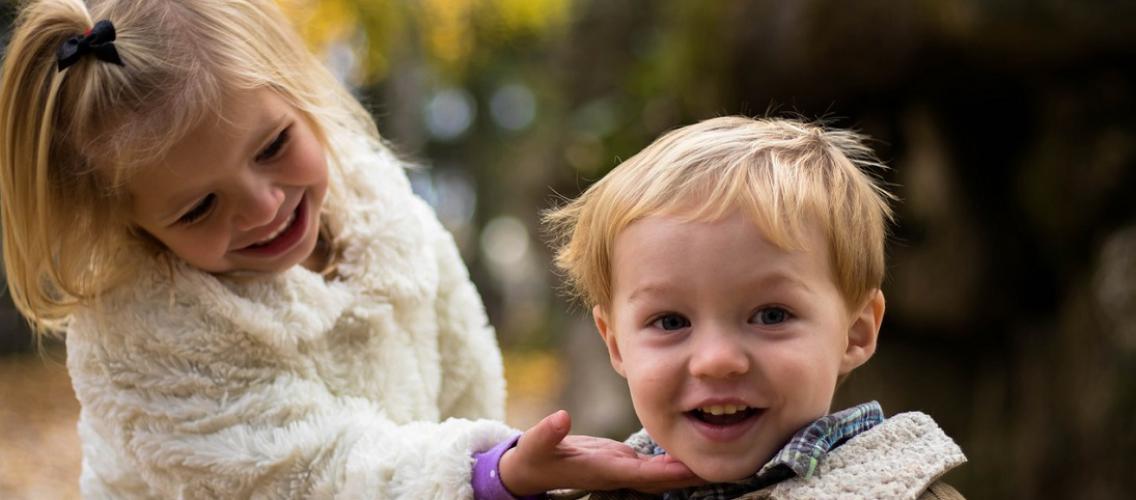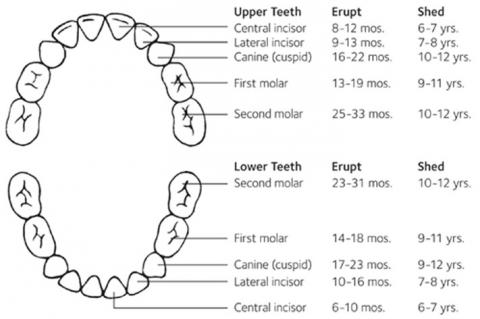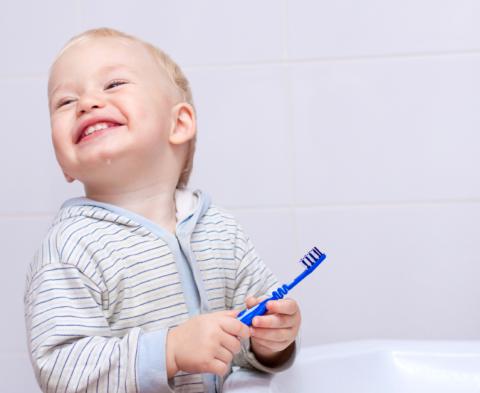
They are just Baby Teeth. What's the big deal?
First Smiles Program - Pinal County Cooperative Extension


Baby teeth are very important. Since children may begin losing them around age five to six, it may seem like they aren’t that important. But baby teeth have several really big jobs. Baby teeth are the perfect space holders for the permanent tooth underneath. Some baby teeth are not lost until the child is about ten- to twelve-years old. If a baby tooth is lost early, the teeth next to it may start to drift into the empty space, not leaving enough room for the adult tooth to come in. This may cause the adult teeth to be crooked and crowded. When teeth are crooked and crowded, they are harder to clean and may lead to cavities or gum disease problems down the road.
Teeth that are crooked or decayed can make a child feel bad about their smile. A nice-looking smile can give a child more confidence. Start caring for baby teeth before they even come into the mouth by wiping an infant’s mouth with something as simple as a baby wash cloth. This will remove any leftover milk or formula, as well as the bacteria that feed on it, and it will also help the child get used to having their mouth cleaned.
Baby teeth are important for learning to talk properly. If teeth are lost early, a child may not be able to pronounce certain sounds correctly. Try this: say the word “there”. Notice how your tongue uses your top front teeth to say the “th”sound? Try this one: “vacation”. Do your top front teeth touch your lower lip to say the “v” sound? If those teeth are missing, it makes it really difficult for a child to make certain sounds.
When the teeth begin to come in, start brushing two times a day with a child-sized toothbrush. Use just a tiny smear of fluoride toothpaste. Children cannot do a good job brushing by themselves until they are about six years old. They will want to do it alone long before that, but they are only able to clean effectively about 25%. Let them brush first, then go back and brush again. Never put a baby or child to bed with a bottle that has anything but water. This will cause baby teeth to rot. Try to get them to drink from a cup by their first birthday. “Sippy cups” are convenient, and if the child uses one during the day, only put water in it. Constantly sipping on milk, formula, juice, or other drinks will damage the teeth. Make the first dental visit around the child's first birthday. This will help their first dental visit to be a “well-baby checkup.” If the baby teeth are healthy, it is more likely that the adult teeth will be healthy too.
For more information, contact Greeta Mills

